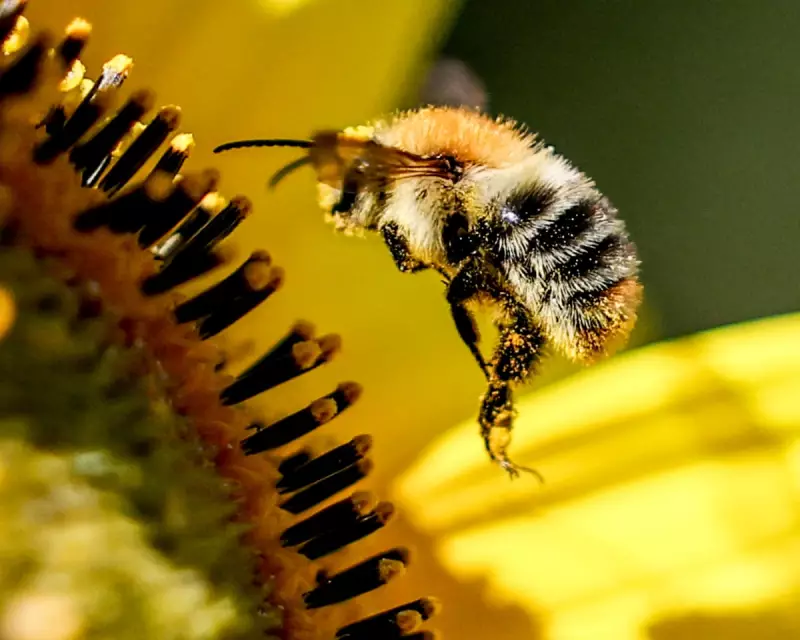
In a remarkable discovery that rewrites our understanding of pollinator intelligence, British scientists have uncovered that wild bees deliberately visit different types of flowers to maintain a perfectly balanced diet.
The groundbreaking study, conducted by researchers from the University of Oxford and University of Sussex, reveals that bees aren't just random foragers but sophisticated nutritional experts who carefully select their meals to optimize health and energy levels.
The Science Behind Bee Nutrition
Researchers spent months observing and analysing the foraging patterns of various wild bee species across multiple habitats. Using advanced tracking methods and nutritional analysis, they discovered that bees consistently mix their pollen sources to achieve optimal ratios of proteins, lipids, and other essential nutrients.
Dr. Sarah Collins, lead researcher from Oxford, explained: "We've found that bees actively regulate their nutritional intake by visiting flowers with complementary nutritional profiles. It's akin to us choosing a balanced meal rather than eating from only one food group."
Implications for Conservation Efforts
This research has significant implications for how we approach pollinator conservation and habitat management:
- Planting diverse flower varieties is crucial for bee health
- Monoculture farming practices may be contributing to pollinator decline
- Urban gardens can play a vital role in supporting bee nutrition
- Conservation strategies must consider nutritional diversity, not just flower abundance
Why This Matters for UK Ecosystems
With wild bee populations facing unprecedented challenges from habitat loss, climate change, and pesticide use, understanding their nutritional needs has never been more critical. This research provides conservationists with practical insights for creating bee-friendly environments that support healthy pollinator populations.
The study also highlights the intricate connections within ecosystems, demonstrating how plant diversity directly impacts pollinator health and, consequently, the overall health of our natural environments.
As climate change continues to alter flowering patterns and plant distributions, this research offers valuable guidance for developing resilience strategies that ensure bees can access the diverse nutrition they need to thrive in changing conditions.





